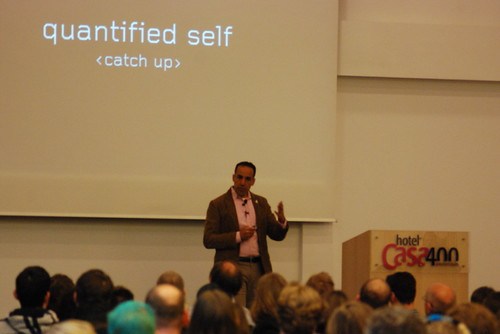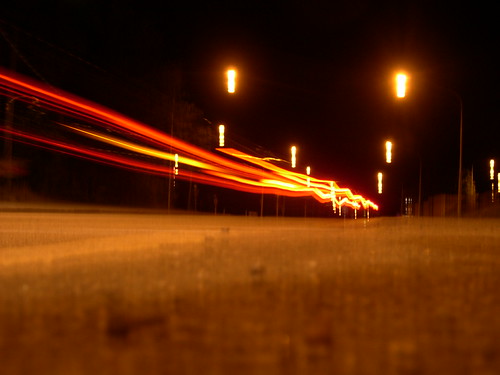
Thanks to Rosie on Twitter, for alerting me to the BBC’s Science Club programme better known as the Dara O Briain’s Science Club. I had never heard of it before and to be fair when I watch it, I thought it was going to be crappy. However it was good, almost like the BBC had taken science very seriously. And now I understand why people are comparing Dr Helen Czerski to Brian Cox.
Science Club explores how powerful, affordable technology is ushering in a new era of DIY science that everyone can get involved in. Science journalist Alok Jha is in California to see how citizen science is being used to save lives in the early detection of earthquakes.
Dr Helen Czerski goes to Brazil and discovers an ingenious innovation – in an attempt to eradicate a killer disease, mosquitoes have been modified to self-destruct. In the studio, Dara and Professor Mark Miodownik get to grips with an inflatable crash helmet, a beat box made from vegetables and capture lightning in a box. And the team delve into tech hacking to see how stripping down and re-using technology promises to change our world
The whole theme of the show was DIY science and there was plenty of it including a whole piece on the Quantified Self. The piece wasn’t the amazing but did a good job of explaining the basics, what you could do and what people are already doing. As I said it wasn’t bad at all. Well worth watching…
Then…
Jasmine today (Monday) tweets about BBC Horizon: Monitor Me.
Dr Kevin Fong explores a medical revolution that promises to help us live longer, healthier lives. Inspired by the boom in health-related apps and gadgets, it’s all about novel ways we can monitor ourselves around the clock. How we exercise, how we sleep, even how we sit.
Some doctors are now prescribing apps the way they once prescribed pills. Kevin meets the pioneers of this revolution. From the England Rugby 7s team, whose coach knows more about his players’ health than a doctor would, to the most monitored man in the world who diagnosed a life threatening disease from his own data, without going to the doctor.
The likes of these shows talking about what people are doing with the quantified self in a more public setting is certainly driving adoption in the mainstream. Hopefully the core principles will stay…

